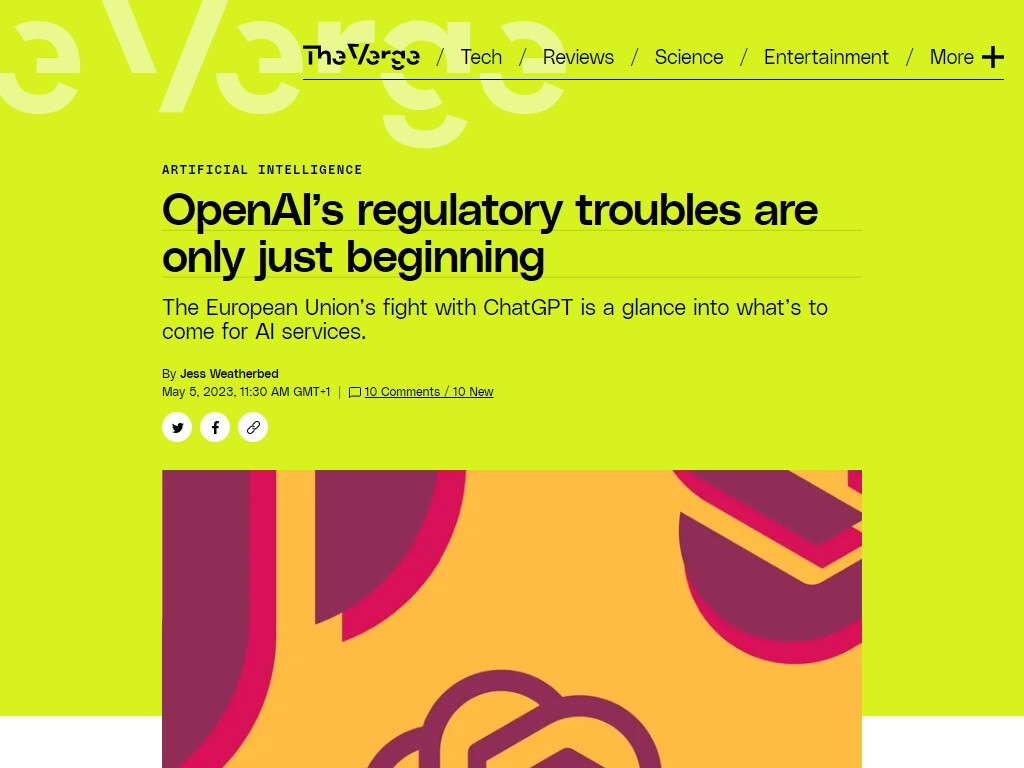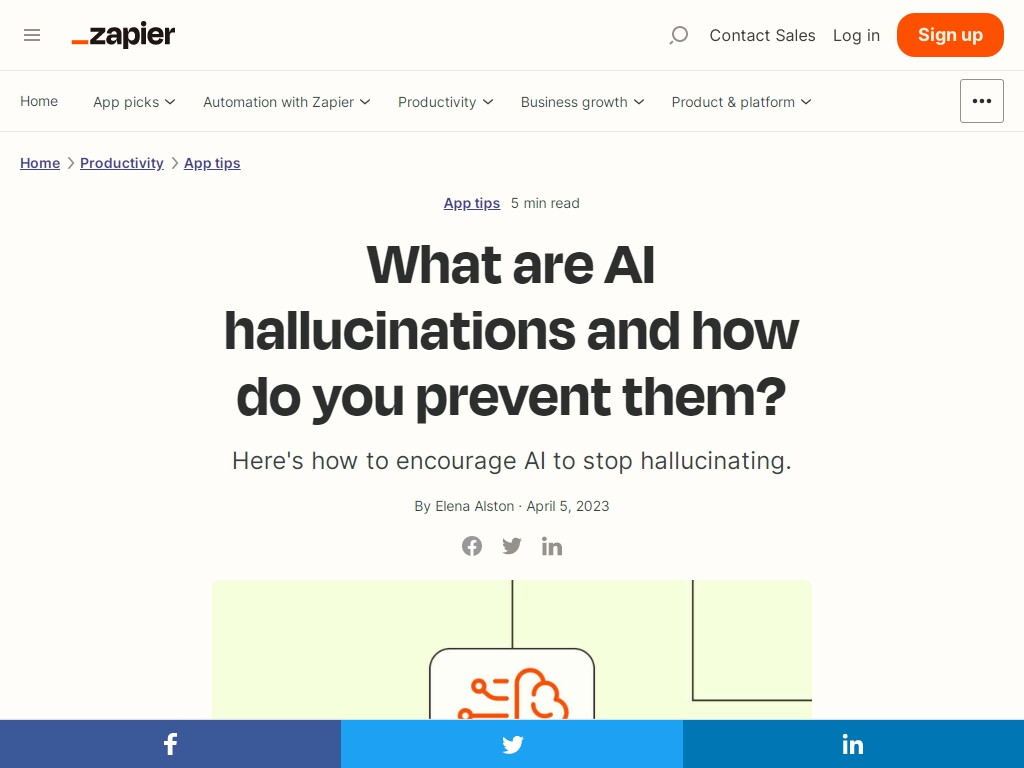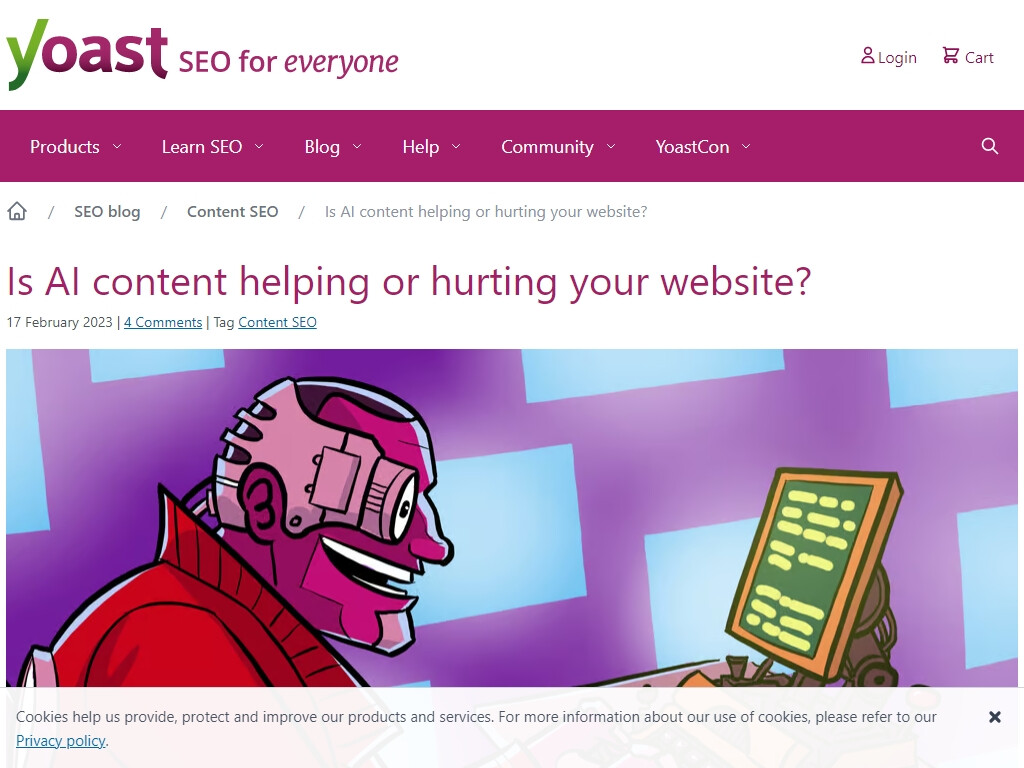AI-generated content has taken the world by storm, offering unparalleled efficiency and innovation in content creation. As more businesses and individuals rely on this cutting-edge technology, understanding how it aligns with Google's search guidance has become paramount. In this blog post, we will dive into Google's perspective on AI-generated content and explore how content creators can use these insights to optimize their work.
The Rising Tide of AI-Generated Content
The rapid advancement of AI technology has revolutionized content creation, with applications such as OpenAI's GPT-4 leading the charge. These AI-generated content tools have empowered content creators, offering scalability, cost-effectiveness, and endless creativity. With AI-generated content becoming increasingly prevalent, it's essential to understand how search engines like Google perceive and evaluate this type of content.
Google's Stance on AI-Generated Content
Google has acknowledged the growing influence of AI-generated content and has released specific guidance for content creators. Here are some key takeaways:
- Originality and Value: Google emphasizes the importance of original, valuable content that offers users a unique perspective and meets their search intent. AI-generated content should be designed to serve user needs rather than simply trying to manipulate search engine algorithms.
- Quality over Quantity: While AI-generated content can quickly produce large volumes of text, Google reminds creators that quality should always precede quantity. Poorly generated or spammy content can result in penalties or lower search rankings.
- Human Touch: Google recommends that AI-generated content should be reviewed and edited by human experts to ensure accuracy, readability, and compliance with search engine guidelines. This human touch helps refine the content and guarantees a better user experience.
Optimizing AI-Generated Content for Google Search
To make the most of AI-generated content, follow these best practices:
- Focus on User Intent: Understand your target audience and create content that fulfills their needs and search intent. Utilize keyword research and trending topics to ensure your content is relevant and engaging.
- Provide Unique Insights: Stand out from the crowd by offering unique insights, opinions, or expert advice within your content. Google values originality, so make sure your AI-generated content brings something fresh.
- Review and Edit: Always review and edit your AI-generated content to ensure it is accurate, coherent, and valuable. This process also helps identify and remove any content that may be considered spammy or low-quality by Google.
- Structure Your Content: Organize your content with clear headings, subheadings, and bullet points to improve readability and user experience. This will also help search engines better understand and index your content.
AI-generated content offers immense potential for content creators, but it's essential to remain mindful of Google's search guidance when utilizing this technology. By focusing on originality, value, and quality, content creators can harness the power of AI-generated content while adhering to Google's guidelines, resulting in better search rankings and an enhanced user experience.
https://wordtracker.com/blog/search-news/google-search-guidance-on-ai-generated-content





